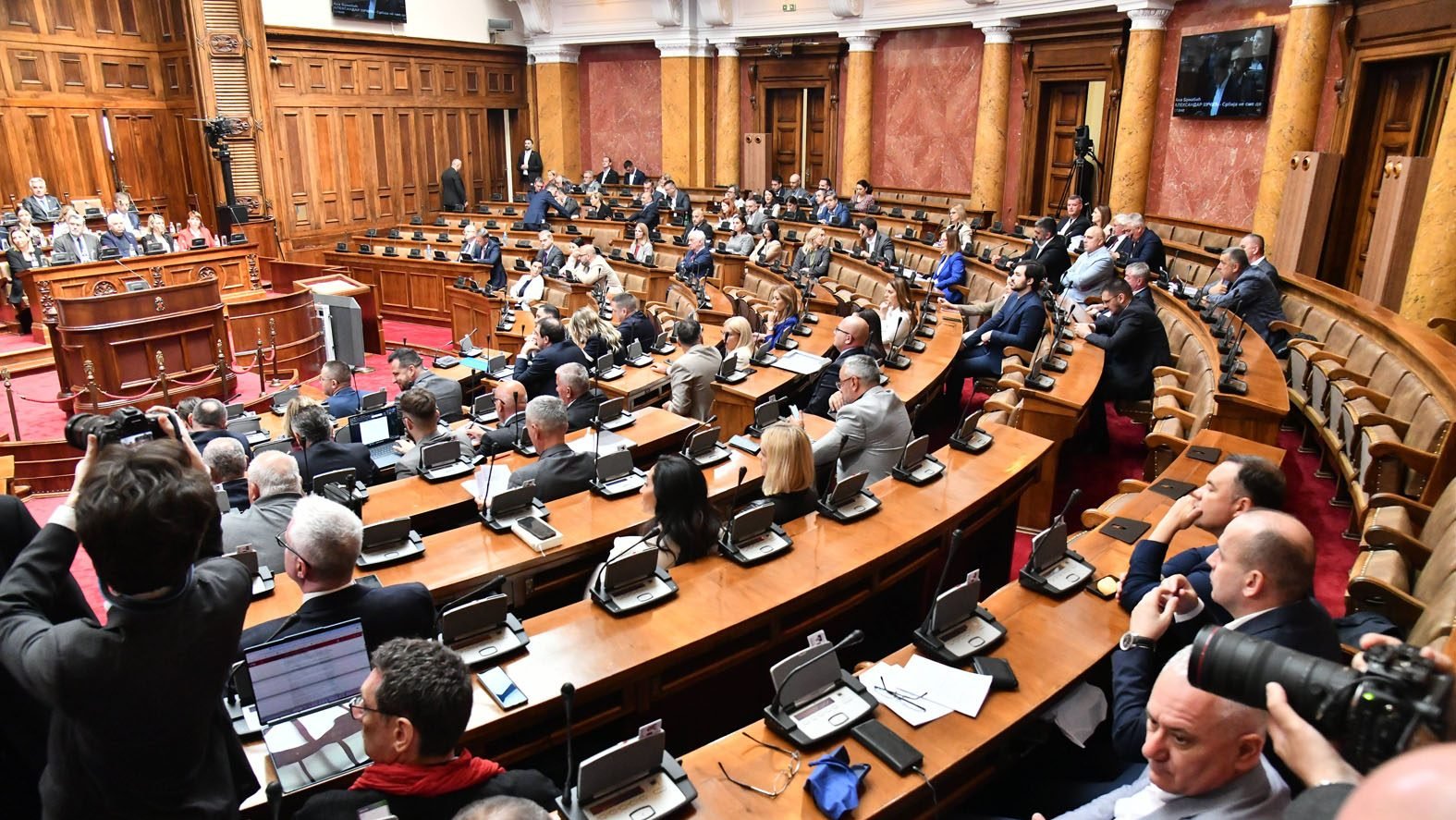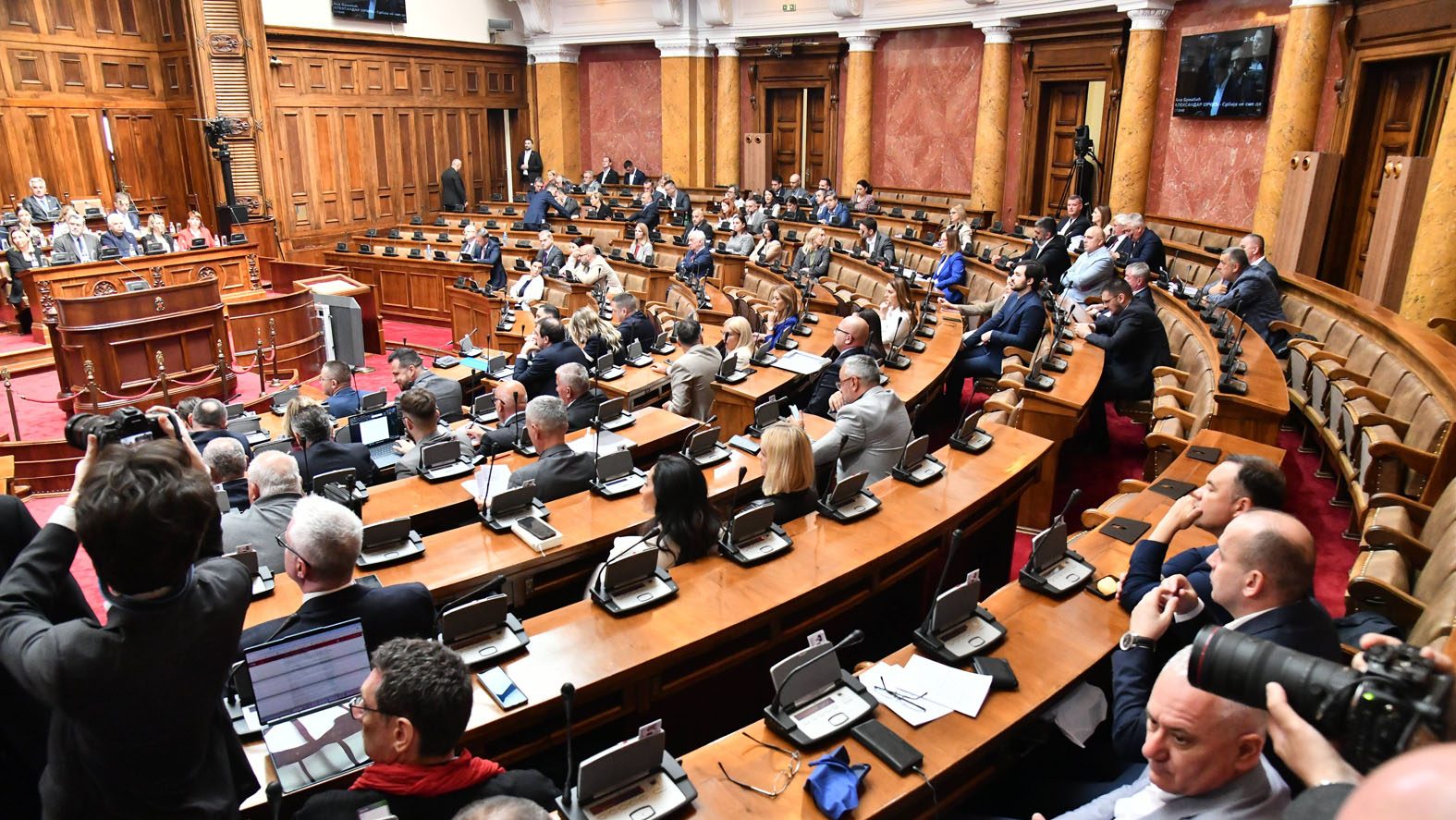The proposed amendments and supplements to three media laws in Serbia represent a key step towards improving the legal framework for media and strengthening media freedoms. The changes include legal-technical modifications, redefining the concept of public media service in line with European standards, introducing the institution of an ombudsman to protect the rights of listeners, viewers, and readers, as well as clear criteria for selecting members of the governing boards of public media services. The European Commission is actively involved in the process, and the proposed changes aim at institutional and financial independence of the media. Criticism comes from some organizations that believe the changes may limit media freedom, while on the other hand, the importance of transparency and stable financing is emphasized.
Political Perspectives:
Left: The left-leaning coverage emphasizes the importance of strengthening media freedoms and the role of the amendments in aligning Serbian media laws with European standards. It highlights the introduction of the ombudsman institution as a positive step for protecting citizens’ rights and stresses the need for transparent and independent media funding.
Center: Center-leaning sources present a balanced view, acknowledging the technical nature of the amendments and their alignment with EU recommendations. They note the potential benefits of institutional independence for public media services but also mention concerns raised about possible limitations on parliamentary oversight and media freedom.
Right: Right-leaning narratives focus on skepticism towards the amendments, warning that they may reduce parliamentary control over media regulators and potentially undermine media freedom. They emphasize the autonomy of the media regulator and the financial independence of public media as possibly problematic, suggesting that these changes could lead to less accountability.

